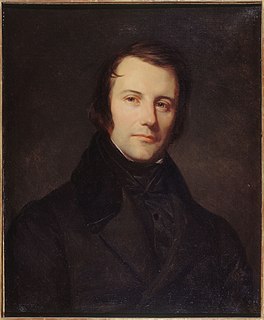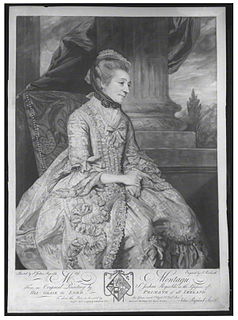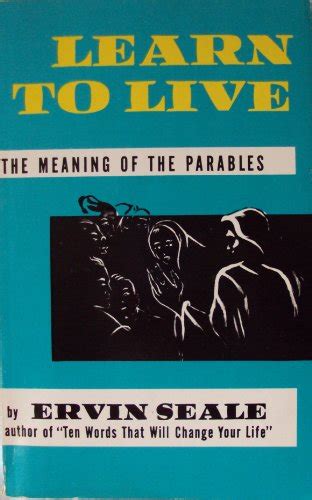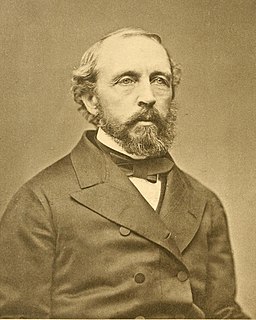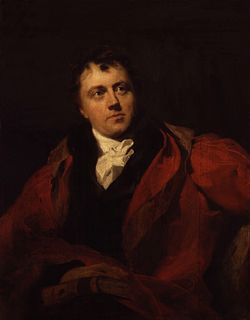A Quote by Edgar Quinet
Philosophy may be dodged, eloquence cannot.
Quote Topics
Related Quotes
I endeavor to drink deep of philosophy, and to be wise when I cannot be merry, easy when I cannot be glad, content with what cannot be mended, and patient where there is no redress. The mighty can do no more, and the wise seldom do as much. ... I am resolved to make the best of all circumstances around me, that this short life may not be half lost in pains ... Between the periods of birth and burial, I would fain insert a little happiness, a little pleasure, a little peace: to-day is ours, yesterday is past, and to-morrow may never come.
My social philosophy may be said to be enshrined in three words: liberty, equality and fraternity. Let no one, however, say that I have borrowed by philosophy from the French Revolution. I have not. My philosophy has roots in religion and not in political science. I have derived them from the teachings of my Master, the Buddha.
In our country and in our times no man is worthy the honored name of statesman who does not include the highest practicable education of the people in all his plans of administration. He may have eloquence, he may have a knowledge of all history, diplomacy, jurisprudence; and by these he might claim, in other countries, the elevated rank of a statesman: but unless he speaks, plans, labors, at all times and in all places, for the culture and edification of the whole people, he is not, he cannot be, an American statesman.
